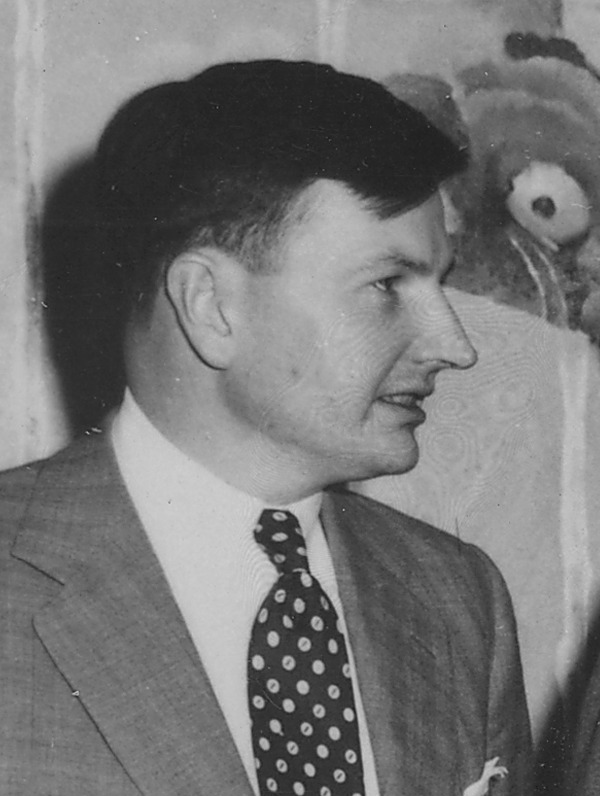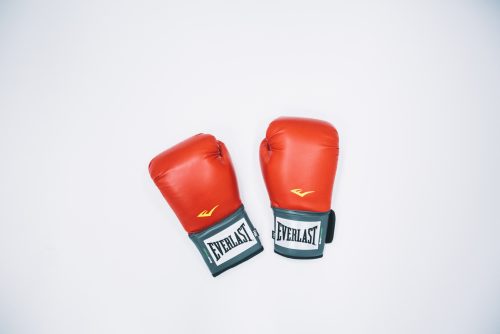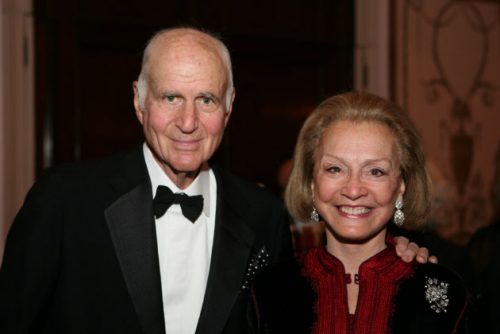One of America’s most influential philanthropists is dead at 101. David Rockefeller, grandson of John D., succumbed last Monday to congestive heart failure at his home in Pocantico Hills, NY, according to reporting by NPR.
Since his earliest years, Rockefeller enjoyed the benefits of his family’s name. But he was also a productive banker in his own right, growing his inheritance through two decades at the helm of Chase Manhattan Bank. Under David’s leadership, Chase “grew from a $4.8 billion institution in 1946 … to a bank with $76.2 billion in assets when he stepped down in April 1981” according to reporting by Reuters.
And even towards the end of David’s tenure as Chase Manhattan’s fortunes flagged (it was eventually purchased by Chemical Bank in 1996), Rockefeller was always an energetic and globally conscious representative of American civil society. In the midst of the Cold War, for instance, Rockefeller frequently pulled back the Iron Curtain and traveled to Soviet space with the intention of promoting bilateral understanding and collaboration. In a famous 1964 meeting with Nikita Khrushchev, Rockefeller debated the Communist boss on the merits of capitalism (“It was never a hostile debate,” Rockefeller later said, adding, “the Soviets would rather deal with what they consider to be a real capitalist than somebody they think is a parlour pink”). True, Rockefeller’s globetrotting style was good for business, but if reports are to be believed, he was also genuinely—and primarily—invested in building up trade and understanding between nations: “He was an internationalist first and an international banker second,” a friend told the Financial Times. His goal, he said in 1995, was to show that there was an, “important role for the private sector in world affairs and [that there was a need to cooperate] with governments for the benefit of both sides.”
He was also one of the country’s most prolific philanthropists, giving away almost $2 billion over his life. He was a longtime supporter of New York’s Museum of Modern Art, which his mother helped create, donating more than $100 million in 2005 alone. In 2015, on his 100th birthday, Rockefeller gave 1,000 acres of land to the state of Maine, where he had vacationed since his boyhood. He gave to the usual host of internationalist and "third-world" causes, of course, but also consistently and happily supported places and institutions close to his own heart.
With Rockefeller’s death, the new generation of American philanthro-oligarchs comes more clearly into focus. Zuckerberg and Gates and Bloomberg are the names that now evoke the same power and prestige that Rockefeller once did. All of those just mentioned, unlike Rockefeller, are self-made billionaires and all belong to the media-cum-tech world. It will be interesting to see if these differences ultimately lead those donors to Rockefeller’s vision of American leadership abroad and local philanthropic initiatives at home, or if, rather, they opt for a more generalized, technocratic agenda. The handwriting is already on the wall, of course, but if they also all live to be 100, there are still many years for their giving patterns and philosophies to morph.
Even before his passing last week, Rockefeller was of a dying breed (and not just for his defiant support of "Rockefeller Republicanism" in the era of the Tea Party and Trump!). It remains to be seen whether or not the philanthropic establishment forgets or fosters his particular legacy.
Photo credit: U.S. National Archives and Records Administration, Public Domain






